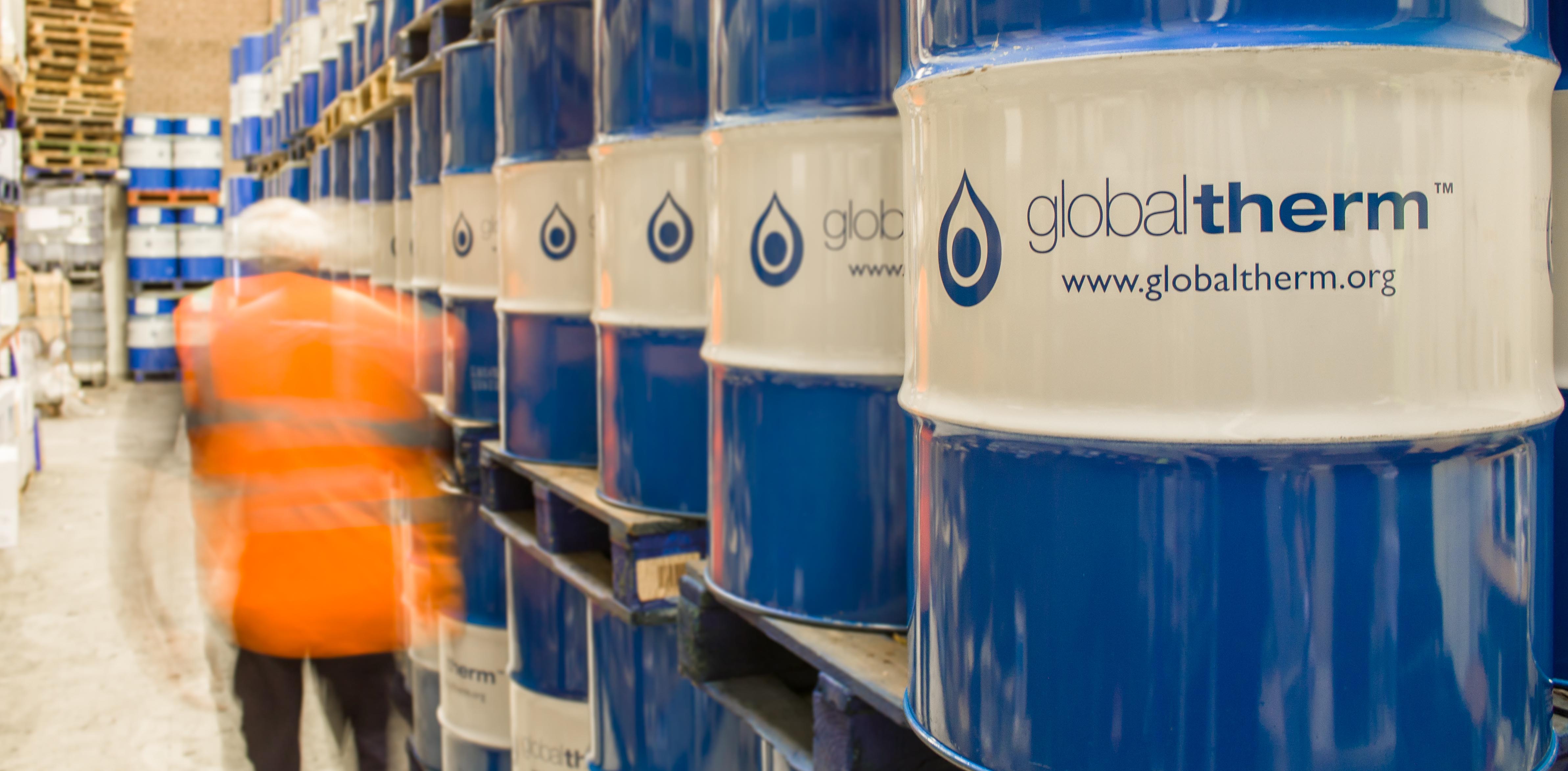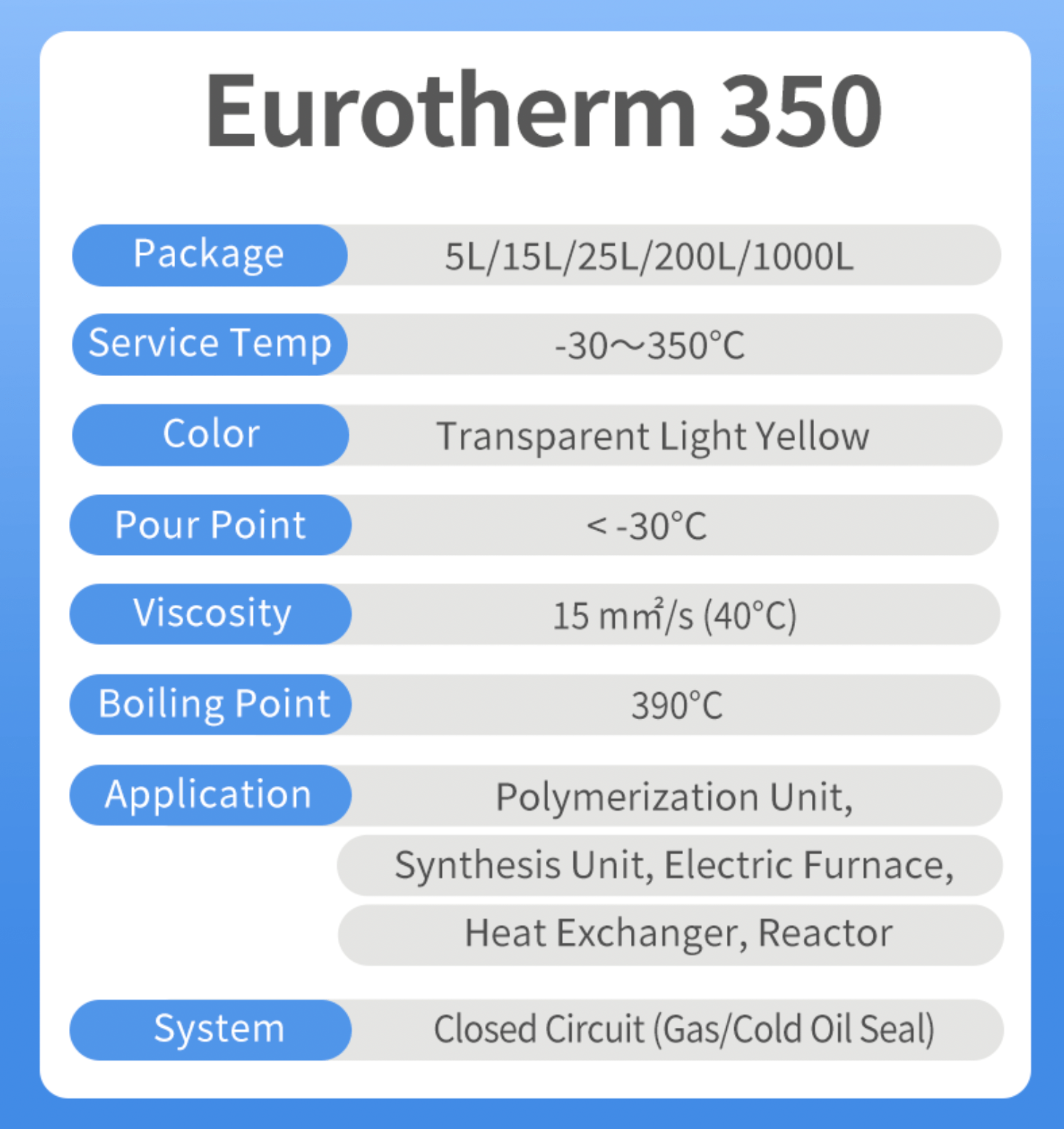Why Propylene Glycol is a Preferred Choice for Safe Heat Transfer Fluid
Why Propylene Glycol is a Preferred Choice for Safe Heat Transfer Fluid
Blog Article
Maximize Your System's Life expectancy With the Right Heat Transfer Fluid
Selecting the proper warmth transfer liquid is crucial for optimizing system performance and long life. The ideal liquid not only improves thermal performance yet additionally minimizes potential deterioration on critical parts such as pumps and warmth exchangers - dielectric cooling fluid. Comprehending the different sorts of heat transfer fluids and the particular demands of your application can considerably influence the total health and wellness of your system. Many overlook crucial aspects that can make a considerable distinction. What considerations might you be missing out on that could inevitably affect your system's efficiency?
Significance of Heat Transfer Fluids

Furthermore, warmth transfer fluids add to the safety and security and reliability of thermal systems. Additionally, the ideal warmth transfer fluid can supply defense against rust and scaling, additional expanding the life-span of equipment and facilities.
Kinds Of Heat Transfer Fluids
Numerous types of warm transfer liquids are generally utilized in commercial applications, each customized to details operational requirements and temperature level ranges. The most common classifications include water, oils, and specialized synthetic fluids.
Water is frequently used due to its exceptional thermal conductivity and availability; however, its constraints develop at heats and prospective freezing problems. For greater temperature level applications, thermal oils, such as mineral oils or organic substances, are utilized. These oils offer exceptional thermal security and can operate effectively at elevated temperature levels, making them appropriate for processes like food handling and petrochemical production.
Artificial liquids, which can be either inorganic or organic, are developed to meet certain performance requirements. They commonly display boosted residential or commercial properties such as low toxicity, large temperature level ranges, and resistance to oxidation. Instances consist of glycols and esters, which are perfect for specialized applications like solar thermal systems and warmth exchangers.
In addition, cooling agents are utilized in cooling down systems, leveraging their stage modification residential or commercial properties to launch and soak up heat successfully. Each kind of warmth transfer liquid offers unique advantages and is selected based on the specific demands of the application, making sure optimal performance and system durability.
Factors to Think About When Choosing
Choosing the suitable warmth transfer fluid entails cautious factor to consider of several elements to guarantee optimum efficiency and system performance. One of the main elements is the temperature level range required for the system. Fluids differ in their thermal stability and can decompose or lose efficiency outside certain temperature level limitations.
An additional important consideration is the liquid's visit this site right here viscosity, as it affects pump performance and power intake. A fluid that is too thick may impede circulation and rise functional prices. Additionally, the fluid's particular warm ability plays an essential function in determining just how properly it can move warm.
Chemical compatibility with system products is additionally vital to prevent rust, deterioration, or leakages - thermal oil. Making sure that the chosen fluid is compatible with the building products can extend the life-span of the system

Advantages of Correct Fluid Choice
Correct choice of a warmth transfer fluid yields considerable benefits for system performance and reliability. The appropriate fluid enhances thermal conductivity, making sure optimal heat transfer prices within the system. This efficiency reduces power usage, leading to reduced functional costs and a minimized ecological impact.
Moreover, ideal fluid option contributes to system durability by stopping corrosion and deterioration of components. Fluids formulated with corrosion preventions safeguard metal surface areas, consequently extending the lifespan of pumps, pipelines, and warmth exchangers. Additionally, picking a liquid with suitable thickness ensures efficient flow, which is critical for keeping regular temperature level distribution throughout the system.
One more essential advantage is the fluid's thermal security. A steady warm transfer fluid can operate over a wide temperature range without damaging down or shedding efficiency, which is essential for systems subjected to changing thermal conditions. The appropriate fluid can additionally alleviate dangers associated to cold or boiling, thereby preventing functional disturbances.
Maintenance Tips for Long Life
Making sure the long life of a warm transfer system needs thorough upkeep techniques that match the benefits of correct liquid selection. Regular examinations are necessary to determine potential leaks, corrosion, or helpful site debris accumulation that could endanger system performance. Establish a regular timetable to evaluate pipeline integrity, links, and fittings, as these locations are typically prone to damage.

Keeping track of liquid levels and top quality is equally essential. Regularly look for indications of contamination, such as discoloration or particle issue, which can suggest deterioration of the heat transfer liquid. Implementing regular fluid analysis can provide insights right into its chemical buildings, enabling prompt substitutes when necessary.
In addition, keeping optimal operating temperature levels is vital. Urge the use of temperature controls and sensing units to stay clear of overheating, which can speed up fluid destruction and damages system elements.
Finally, constantly stick to the maker's guidelines regarding fluid replacement intervals and upkeep methods. By devoting to these ideal methods, you can considerably boost the operational life-span of your warm transfer system, making sure dependable performance and lowering the demand for costly fixings or premature replacements.
Final Thought
In conclusion, Related Site the selection of an ideal warm transfer fluid is vital for improving system performance and durability. By understanding the various kinds of fluids and thinking about vital factors such as thermal conductivity and corrosion resistance, optimum performance can be attained.
Warmth transfer fluids play a critical duty in different commercial and industrial applications by facilitating the reliable transfer of heat in between surfaces.Moreover, heat transfer liquids add to the security and dependability of thermal systems. Additionally, the fluid's details heat capability plays a crucial role in determining how effectively it can move heat.
The appropriate fluid boosts thermal conductivity, making sure ideal warmth transfer prices within the system. A secure warmth transfer fluid can run over a broad temperature array without breaking down or losing effectiveness, which is vital for systems subjected to rising and fall thermal conditions.
Report this page